|
ICF holds Human Rights Workshop in Cambodia
Interfaith Cooperation Forum (ICF) held a human rights workshop from May 18 to May 20 in Siem Reap, Cambodia, for some of its School of Peace (SOP) alumni. This is the fifth workshop that ICF has held since 2012 to train a small team of its SOP alumni to be human rights resource people for programs either organized by ICF, by the ICF national forum and/or by the participants’ organization. Those who took part in this workshop were from Cambodia, Nepal, the Philippines and Sri Lanka.
A presentation about the General Comment to the International Covenant on Civil and Political Rights (ICCPR) on religious freedom that was drafted by the U.N. Human Rights Committee and the Paris Principles, a U.N. document about the roles, responsibilities, composition and operations of national human right commissions, were the new inputs during this program.
Most of the discussion, however, centered on the curricula for one-day and one-week human rights workshops that the team will conduct in the future and the methodology that will be used to present the material in these programs. The group also began collecting various documents and materials that can be incorporated into an ICF human rights resource kit that will be later uploaded to the ICF web site. Lastly, the participants discussed a variety of ways to create a human rights movement and human rights culture within their country, which is the ultimate aim of the ICF human rights program.
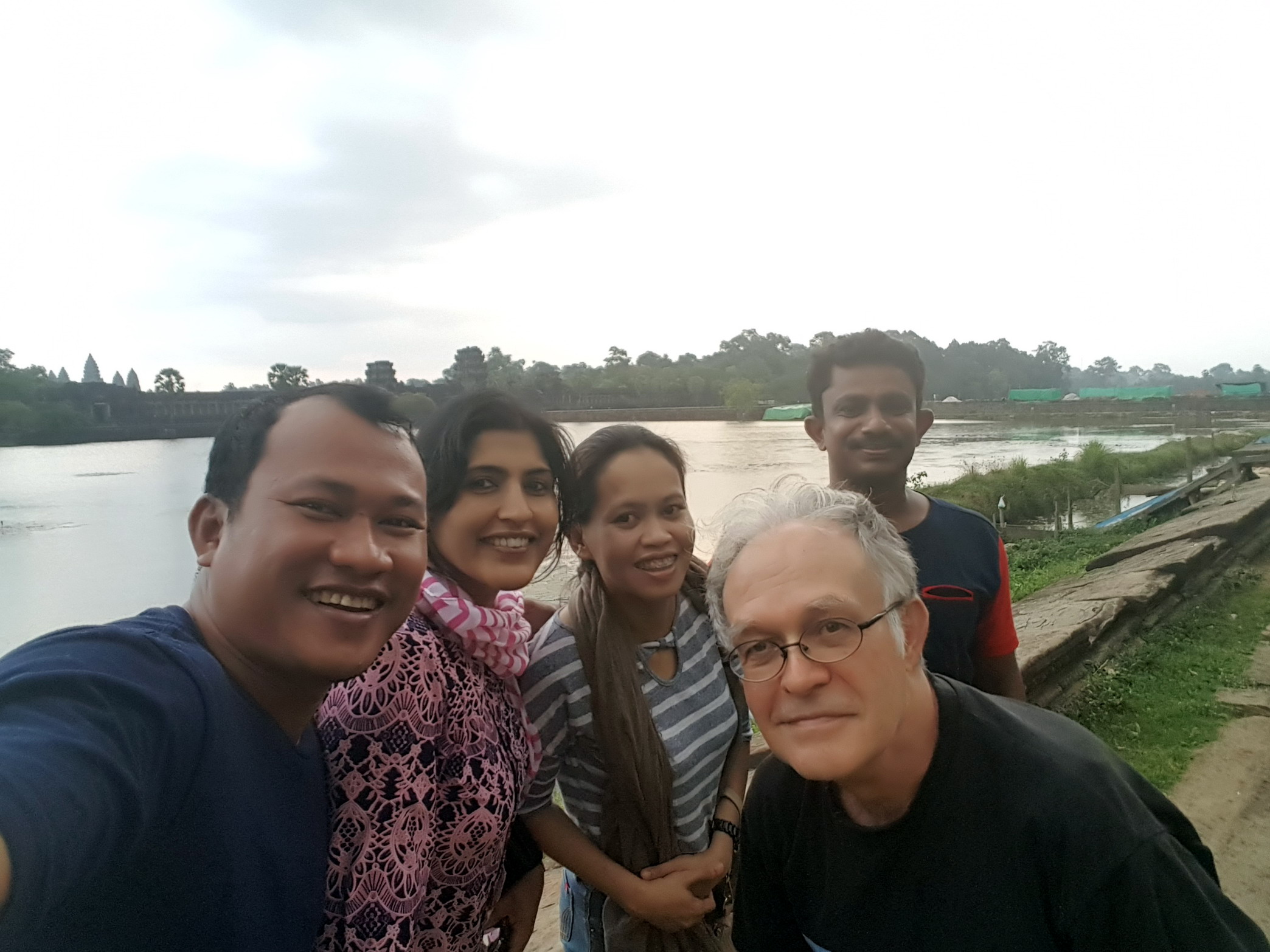 |
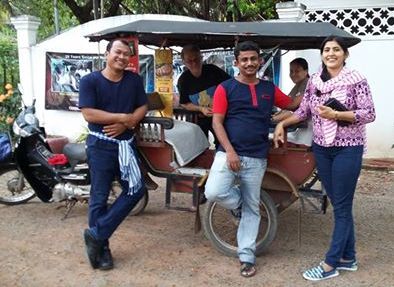 |
| ↑ Participants of the ICF human rights workshop visit Angkor Wat in Siem Reap, Cambodia
|
~ Bruce Van Voorhis, ICF Coordinator
NCY Japan hosts Change Agent Regional Training
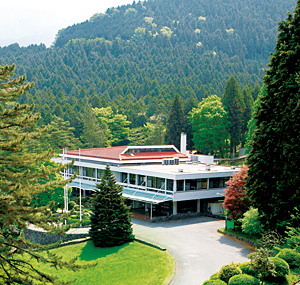 The World Alliance of YMCAs and the Asia and Pacific Alliance of YMCAs integrated Change Agent/Youth Representative Program holds its Regional Training at International Youth Center, Tozanso , Japan on 12-17 July 2017 to be hosted by the National Council of YMCAs of Japan. Thirty-seven Change Agents/Youth Representatives together with some local youth leaders from Asia and Pacific Region will be expected to participate in the event. The integrated program approach presents a wide-range of opportunity to empower youth to represent the region and learn global perspectives in various levels of program, leadership and advocacy activities after undertaking a specifically designed youth leadership formation and development training. The World Alliance of YMCAs and the Asia and Pacific Alliance of YMCAs integrated Change Agent/Youth Representative Program holds its Regional Training at International Youth Center, Tozanso , Japan on 12-17 July 2017 to be hosted by the National Council of YMCAs of Japan. Thirty-seven Change Agents/Youth Representatives together with some local youth leaders from Asia and Pacific Region will be expected to participate in the event. The integrated program approach presents a wide-range of opportunity to empower youth to represent the region and learn global perspectives in various levels of program, leadership and advocacy activities after undertaking a specifically designed youth leadership formation and development training.
This current batch of Change Agents/Youth Representatives Program is organized to build potentials of youth in becoming socially responsible citizens and leaders through spiritual enrichment, education, value formation and capacity building. Specifically, the training aims:
- to organize this group to take active role in the in leadership, youth-led actions and advocacies that advances both the strengthening of the movement and the call for sustainable community development.
- to promote critical thinking and understanding on social realities/issues affecting youth and communities (local, national and regional levels)
- to develop appreciation and ownership to the YMCA mission of empowering all specially the youth and women
- to engage the group through the national/local movements in youth-actions/projects
- to represent the concerns of the youth rooted from their national and regional realities to the global context
The Regional Training will include interactive input presentations, discussion, dialogue, community building activities, sharing of practices, cultural exchanges and creative presentations on the following areas of learning:
- Mission in Context: YMCA Historical and Theological Perspectives; Christian and Ecumenical Identity and Legacy
- Contemporary Christian/Servant Leadership
- Youth Situation: Conditions and positions of youth in the local, national and regional setting
- Participatory Project/Program Planning and Management
Finally, the formation of APAY Youth Representatives and the WAY Change Agents is a commitment to remain socially relevant as a movement through providing competencies to youth as they face the complexities of the world and the social issues.
~ Cristina Maria Miranda, Executive Secretary
Featured GATN Site
"Cambodia: Kingdom of Wonders"
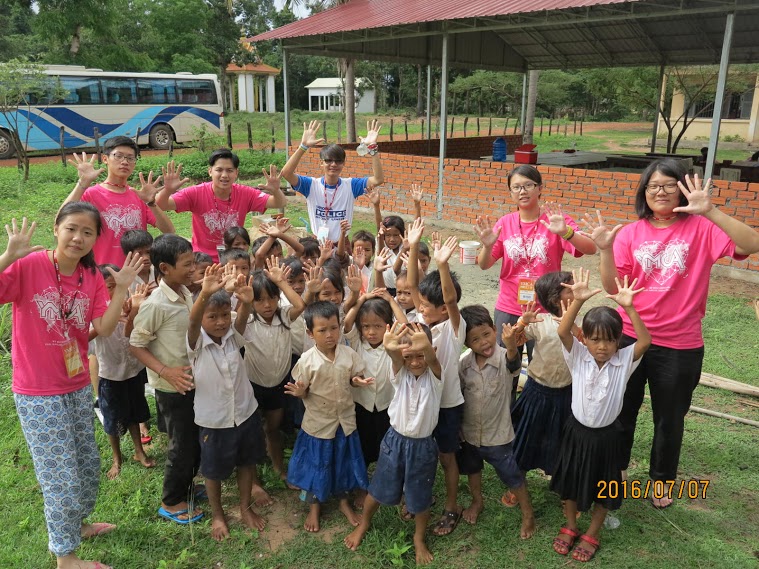 |
↑ Youth travelers for an AT Program enjoying farm works with children in the community
~ photo from Allegra Calderaro |
School vacation is a time for the students to rest and relax after their hard work in school, but not for the students of Taichung YMCA. Instead, school vacation is their opportunity for International Volunteer Service Program. This is exactly the reason why students from Taiwan went to Cambodia in order to join the YMCA of Cambodia for its Alternative Tourism program.
Contrary to the traditional mass tourism that is basically consumeristic in nature, Alternative Tourism offers a more sustainable and meaningful type of community-based tourism.
The young volunteers do not expect 5-star accommodations and facilities. They are very satisfied with simple accommodations and simple meals. What they are excited about are the opportunities to get to know the cultures, interact with and give meaningful volunteer services to the local communities. Aside from getting to know the culture of its community, the young travelers also know that their trip is part of a significant community-based project which is beneficial to the local communities.
Last February and July 2016, YMCA Cambodia hosted two groups from Taichung YMCA with a total of seventy (70) participants. In this 8-day program, the students spent time with the Street Children Center where they teach, sing, play, and eat with them. The smile of the children was an evidence that they enjoyed being with the students.
Apart from it, they also dedicated time to be in Som Rong Orphanage. The Som Rong Orphanage is the home for many children. Aside from it being a home, the orphanage also sends the children to school. They wanted to increase the understanding and skills of these children that they also give them valuable classes on computer and English language. Similarly, it is a notable thing in the orphanage the high value they put in farming which is the main source of livelihood in Cambodia. They have their own farm where they grow food to feed everyone at the orphanage.
The students aside from doing educational activities for the children also had some construction work during the program. The first group built fence in Pnom Penh while the second group helped build classroom walls for a school in Siem Reap. The third group from Taichung who had program last February 2017 helped in doing the foundation and building roof for the school.
These were just among the things that the students experienced in this AT program. They’ve had a deeper understanding for the lives of the locals and at the same time had a closer appreciation on the works of the farmers in Cambodia.
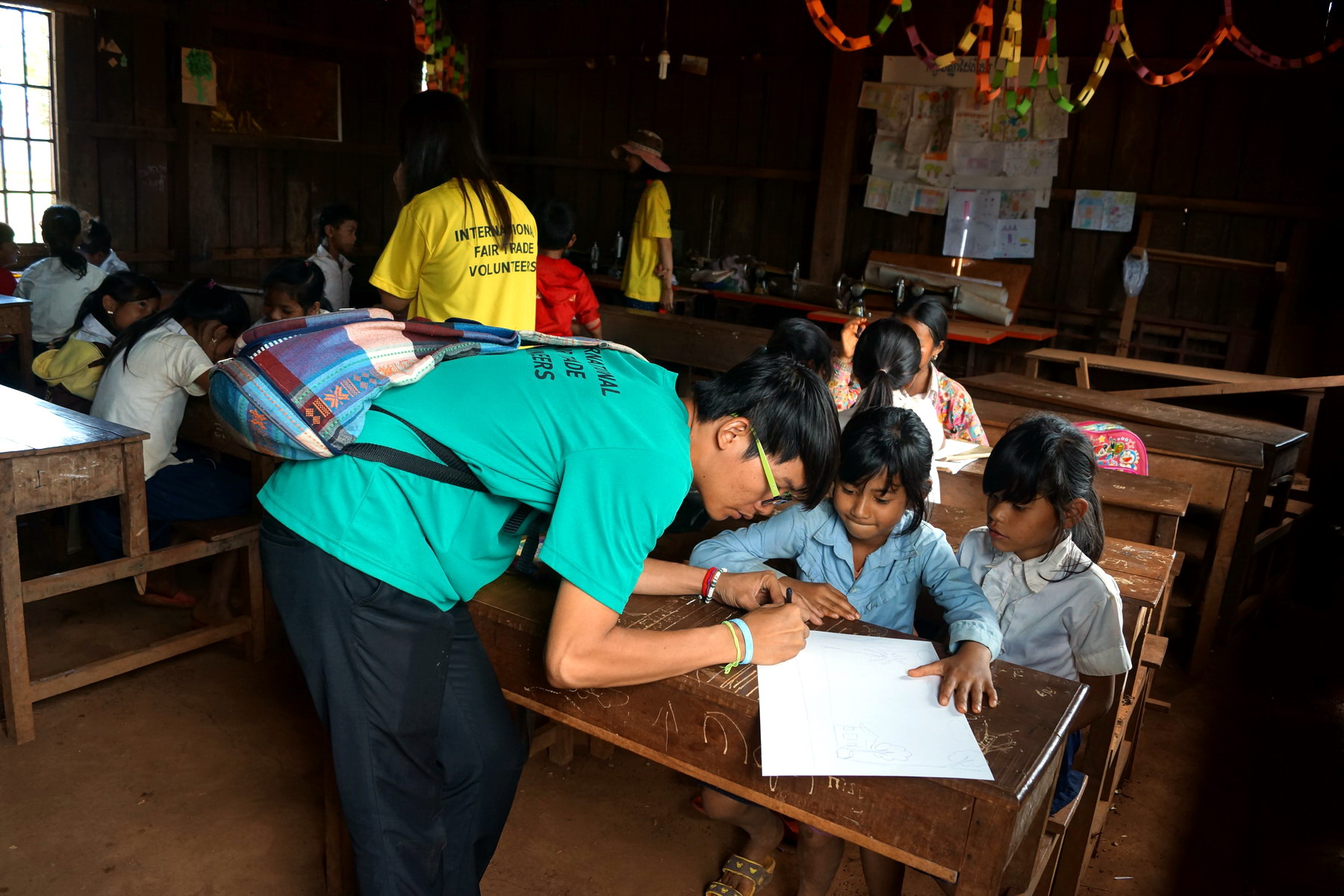 |
|
↑ Youth volunteers teaching students in a local primary school.
~ Photo from Allegra Calderaro
|
Of course, the AT program doesn’t only focused on the different programs in the community. It also highlights cultural exchange in order to develop a Global Citizen and establish an inter-cultural relationship. Activities such as visits to heritage sites and the Cultural Night were conducted to give both the young people from sending and receiving countries an opportunity to learn and exchange on the cultures of each one.
The 8-day program may be seen as a small fraction in the lives of these students and the people in the community, however, the impact that it has created surely make ripples in the lives of these people.
Being in a foreign country, knowing it through the different sights, one would see is already a learning experience. But, understanding it in the perspective of the local people, being part of something that you know directly contribute them, is a definite memorable and meaningful experience.
Cambodia, known as the Kingdom of Wonder and being one of the Alternative Tourism sites of the Asia and Pacific YMCA, offers more than the majestic wonder full of history, instead through the AT program, it is inviting people to take part in planting seeds of positive change and taking part in the developing process of this Kingdom.
Perhaps, your next school vacation can actually be as meaningful and as memorable as this one. For more ideas on what else your youth can do when they go to Cambodia, contact Bunthok Deth, NGS Cambodia, < bunthok@camymca.org>.
~Karren Fetalvero, Youth Intern
National and Local Action Program (NLAP) 2017
Funded by Golden Anniversary Trust Fund
In 1999, the 50th Anniversary of the Asia and Pacific Alliance of YMCAs, formerly known as Asia Alliance of YMCAs was celebrated with the launching an Endowment Fund – “The Golden Anniversary Trust Fund”. The Fund was a concerted effort to raise funds needed to support the movement’s programs and projects aimed at improving the quality of life of the people and the spirit of self-reliance in the region irrespective of their race, caste and religion. The revenue generated by the GATF investment has substantially supported the programs of APAY and its constituency during the recent times.
We are glad to inform you that in 2016, APAY were able to support 7 projects to 7 YMCAs of Bangladesh, Cambodia, China, India, Japan, Sri Lanka and Timor Leste. During the last Executive Committee Meetings, the Golden Anniversary Trust Fund Committee has again allocated funds for National and Local Action Programs of the YMCAs of our region for the year 2017.
This year we have already notified the national movements inviting project applications from local YMCAs for funding projects/programs in prescribed guidelines. These project funds are primarily meant for local YMCA action programs. However, national movements with only one YMCA can also apply for projects.
The amount allocated from GATF for each project shall not exceed US$3,000. There should be local contributions at least 20% of or above the total budget towards the project. All proposals must be endorsed by the National Council of YMCAs of the respective local YMCA. The activities of the projects need to be implemented within six months from the day of fund allocation by APAY.
In line with the current APAY Quadrennial Plan, priorities shall be given to the projects which address the following issues:
(i) Ecological Concerns
Projects which will directly reduce carbon footprints, promote recycling, or installation of energy efficient appliances, installation of renewable energy equipment, like solar panel, bio-gas plants, and advocacy on ecological issues, etc.
(ii) Youth Empowerment
Youth-driven projects that address protection of environment and climate change, education and unemployment, elimination of forms of discrimination, alleviation from economic poverty, resilience to drug issues, gender inequalities and promoting justice and peace.
(iii) Peace & Justice
Projects promoting communal harmony between people of other faiths, focusing on conflict resolutions and peace building.
(iv) Social and Solidarity Economy (SSE)
Youth-led micro enterprises to provide job opportunities for youth. Action programs for effective measures to promote SSE including social enterprises and cooperatives in the community. Initiatives to set up social enterprises for the welfare of the community.
(v) Gender Justice
Projects that address women’s empowerment and gender equity through focus areas such as alleviation from economic poverty and health risks, mainstreaming in leadership and political participation, resilience to disasters and emergency situations, elimination of forms of discrimination and gender-based violence.
National Movements are urged to encourage the local YMCAs, especially those YMCAs who lack financial resources to apply for these projects. All projects applications need to be prepared in line with the APAY Project Guidelines attached herewith and endorsed by the National Movement.
The funds allocated for the projects shall only be used for budget allocated heads and not be used for any other purposes. Changes of budget heads are not permitted.
The implementing YMCAs shall be responsible to refund of project funds, in case the project is not implemented within the stipulated period. In such case, the unsuccessful YMCAs shall not be eligible to apply for new APAY projects for the next two years.
The deadlines for project applications, commencement and completion will be as the following:
Issues Deadline of Application
- Ecological Concerns 15 June 2017
- Peace & Justice 15 June 2017
- Social and Solidarity Economy (SSE) 15 June 2017
- Gender Justice 15 July 2017
- Youth Empowerment 15 October 2017
Project applications are sent to Duncan Chowdhury email id : duncan@asiapacificymca.org for projects focused on (i) Ecological Concerns; (ii) Peace & Justice and (iii) Social and Solidarity Economy.
Project applications focused on (iv) Youth Empowerment and (v) Gender Justice are to be sent to Maria Cristina Miranda through email id miranda@asiapacificymca.org.
For any queries or clarifications and application guidelines please communicate with Mr. Duncan Chowdhury or Ms. Maria Cristina Miranda, Executive Secretaries for Programs.
Approved project holders are expected to submit report of project commencement and interim progress report with financial statements every three months to APAY. Moreover, report of completion is expected to be submitted one month after the completion of the project.
APAY reserves the right to cancel or suspend support for a project due to unsatisfactory implementation or for not reporting to APAY regularly.
~Duncan Chowdhury, Executive Secretary
Phyllis Tan, appointed as NGS of NCY Singapore
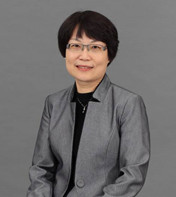 Phyllis Tan, CEO of the Metropolitan YMCA of Singapore, has been appointed NGS of the National Council of YMCAs of Singapore effective of 1 June 2017 for two years. Phyllis Tan, CEO of the Metropolitan YMCA of Singapore, has been appointed NGS of the National Council of YMCAs of Singapore effective of 1 June 2017 for two years.
Phyllis Tan brings with her more than 27 years of experience in management, human resources, strategic planning and governance through the YMCA. She was appointed Executive Director and CEO of Metropolitan YMCA Singapore (MYMCA) in 2007, and is one of the three founding directors of MY World Preschool Ltd, a separate charity set up under MYMCA to run as anchor operator for child care, which grew from 11 centres in 2014 to 33 in 2017, to provide quality and affordable child care services in Singapore.
Phyllis has participated in meetings of the APAY Exco since the early 1990s, and undertook the 21st Advance Studies Programme in Hong Kong in 2003. Phyllis was chairman of the YMCA World Urban Network (a worldwide network of YMCA CEOs and General Secretaries) from 2013-2014. She serves as Exco member with ASSETS (Association of Early Childhood and Training Services) as well as the Programme Advisory Committee for the School of Human Development and Social Services under the Singapore University of Social Services.
Phyllis was born in Penang, grew up in KL, took a pre-university scholarship to Singapore, and obtained an honours degree in Law from the National University of Singapore and a graduate diploma in Personnel Management from Singapore Institute of Management. She rotates her appointment with the GS of YMCA of Singapore as National General Secretary.
|
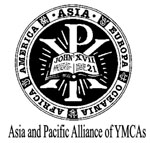





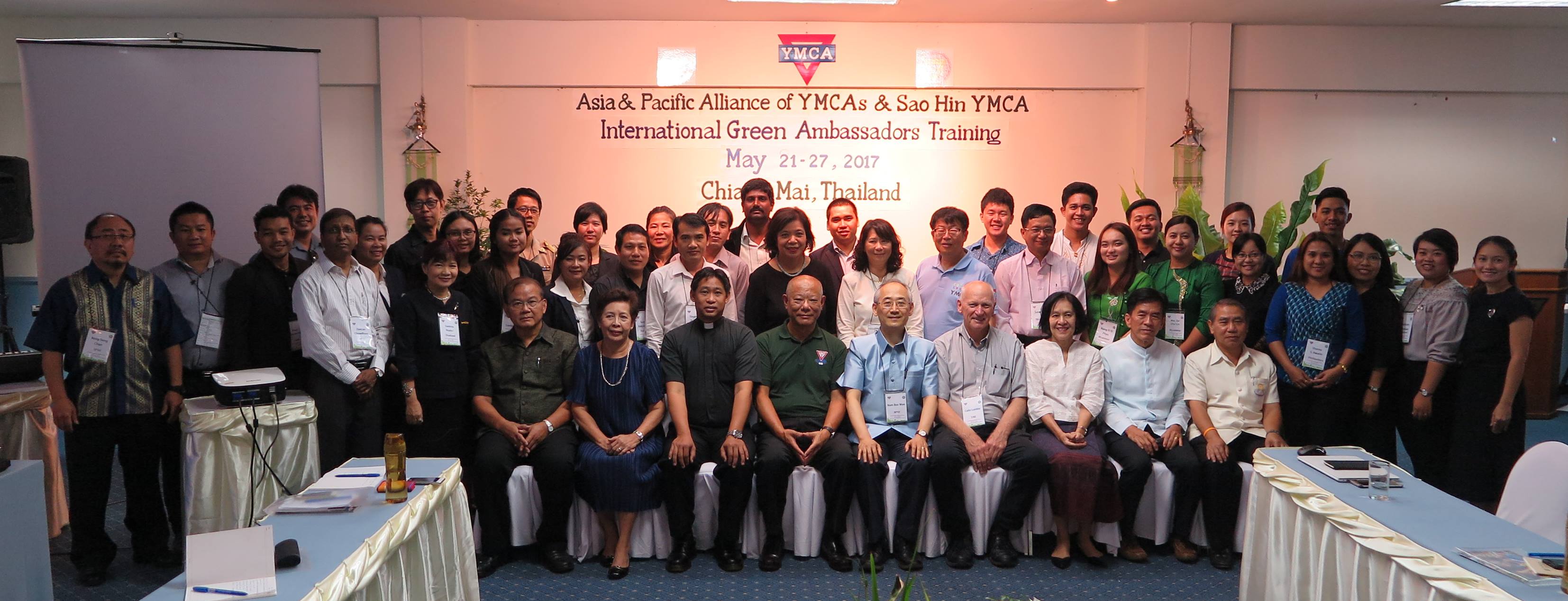
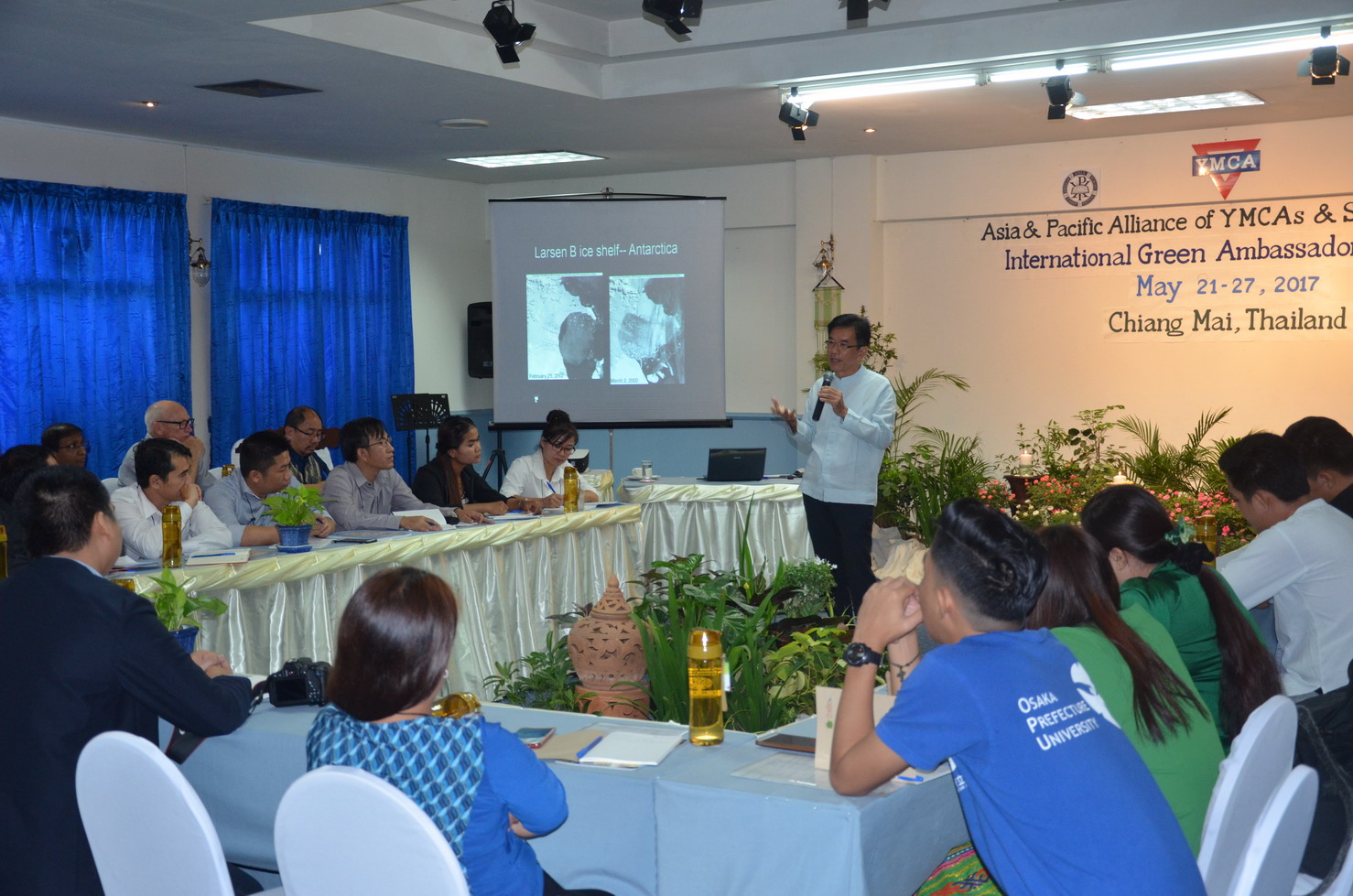
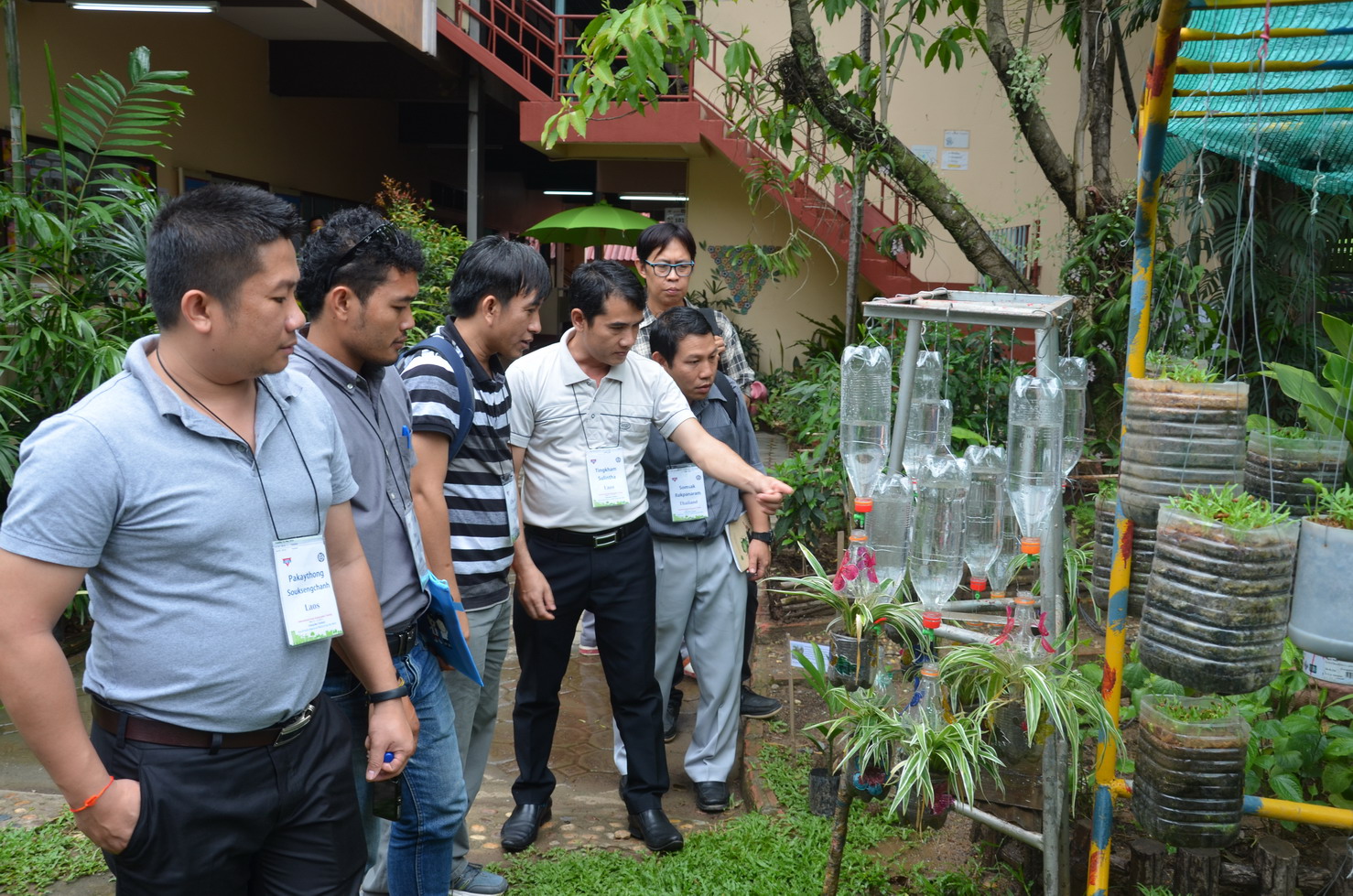


 The World Alliance of YMCAs and the Asia and Pacific Alliance of YMCAs integrated Change Agent/Youth Representative Program holds its Regional Training at International Youth Center, Tozanso , Japan on 12-17 July 2017 to be hosted by the National Council of YMCAs of Japan. Thirty-seven Change Agents/Youth Representatives together with some local youth leaders from Asia and Pacific Region will be expected to participate in the event. The integrated program approach presents a wide-range of opportunity to empower youth to represent the region and learn global perspectives in various levels of program, leadership and advocacy activities after undertaking a specifically designed youth leadership formation and development training.
The World Alliance of YMCAs and the Asia and Pacific Alliance of YMCAs integrated Change Agent/Youth Representative Program holds its Regional Training at International Youth Center, Tozanso , Japan on 12-17 July 2017 to be hosted by the National Council of YMCAs of Japan. Thirty-seven Change Agents/Youth Representatives together with some local youth leaders from Asia and Pacific Region will be expected to participate in the event. The integrated program approach presents a wide-range of opportunity to empower youth to represent the region and learn global perspectives in various levels of program, leadership and advocacy activities after undertaking a specifically designed youth leadership formation and development training.

 Phyllis Tan, CEO of the Metropolitan YMCA of Singapore, has been appointed NGS of the National Council of YMCAs of Singapore effective of 1 June 2017 for two years.
Phyllis Tan, CEO of the Metropolitan YMCA of Singapore, has been appointed NGS of the National Council of YMCAs of Singapore effective of 1 June 2017 for two years.